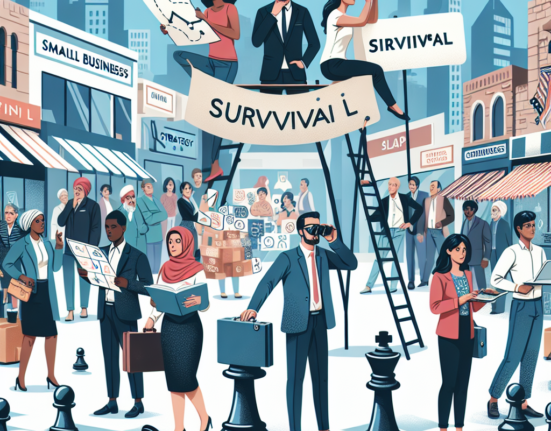In today’s rapidly changing business landscape, the role of leadership is evolving at a faster pace than ever before. With advancements in technology, globalization, and shifting workforce demographics, leaders are facing new challenges that require a different set of skills and competencies.
One of the key trends in leadership development is the focus on fostering a growth mindset. In a rapidly changing environment, it is essential for leaders to be adaptable, open to learning, and willing to embrace change. Leaders need to continuously challenge themselves and their teams to innovate and improve, in order to stay ahead of the competition.
Another aspect of leadership that is becoming increasingly important is empathy and emotional intelligence. As organizations become more diverse and inclusive, leaders need to be able to understand and connect with people from different backgrounds and perspectives. Empathetic leaders are better able to build trust, motivate their teams, and drive engagement and collaboration.
In addition, the ability to communicate effectively is crucial for modern leaders. With the rise of digital communication tools and remote work, leaders need to be able to convey their message clearly and inspire their teams even from a distance. Effective communication skills are essential for creating a shared vision, aligning goals, and building a strong organizational culture.
Furthermore, ethical leadership is gaining more importance in today’s business world. With increasing scrutiny on corporate social responsibility and ethical business practices, leaders need to demonstrate integrity, transparency, and a commitment to ethical decision-making. This not only builds trust with stakeholders but also sets the tone for a positive organizational culture.
To develop the skills needed for the next generation of business, leaders must invest in ongoing learning and development. This includes participation in leadership training programs, seeking feedback from peers and mentors, and engaging in continuous self-reflection and improvement. By continually honing their skills and staying ahead of emerging trends, leaders can position themselves and their organizations for success in an increasingly competitive marketplace.
In conclusion, the evolving role of leadership in business requires a new set of skills and competencies. Leaders must be adaptable, empathetic, effective communicators, and ethical in their decision-making. By investing in ongoing learning and development, leaders can prepare themselves for the challenges and opportunities of the future and drive their organizations to new levels of success.
















Leave feedback about this
You must be logged in to post a comment.